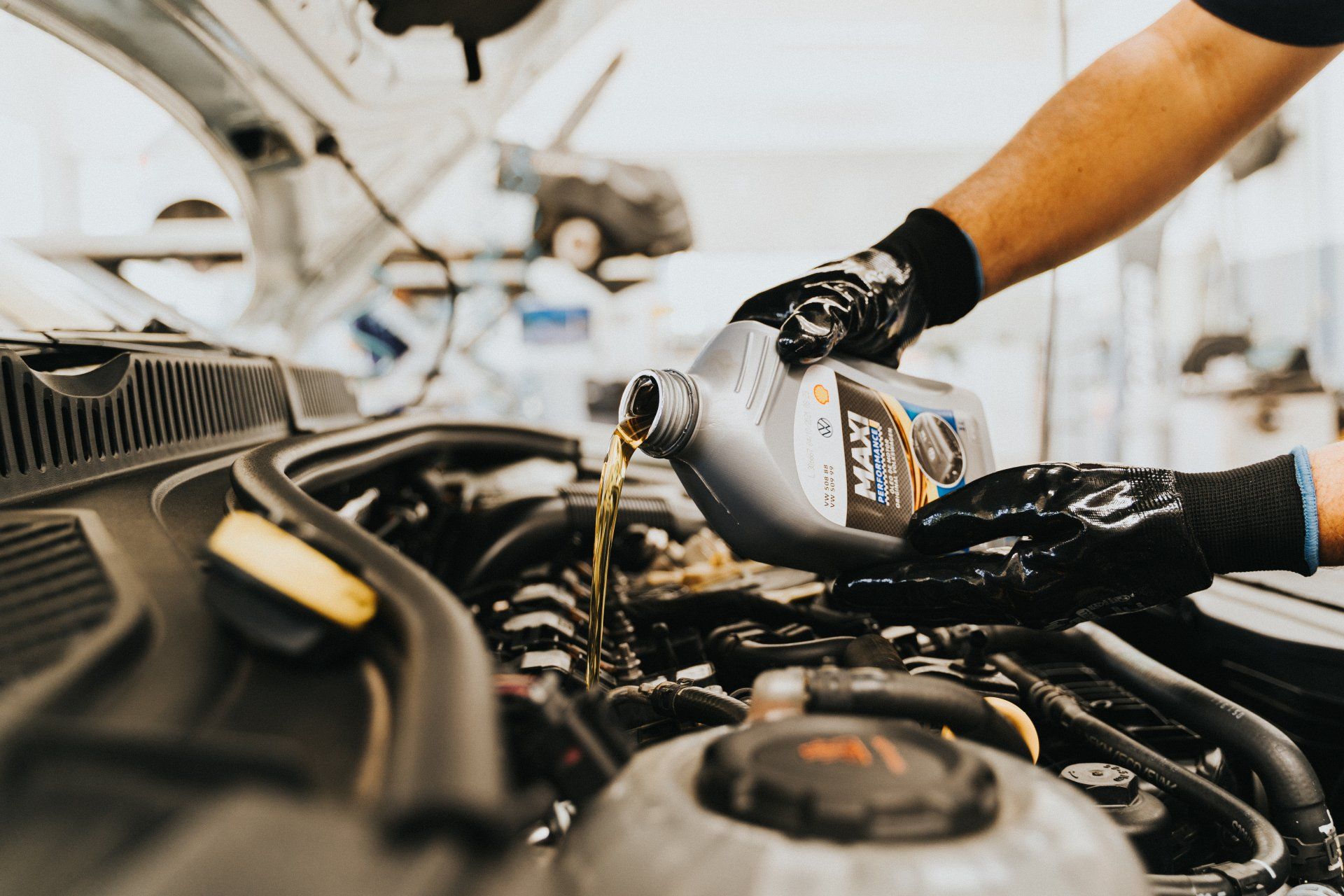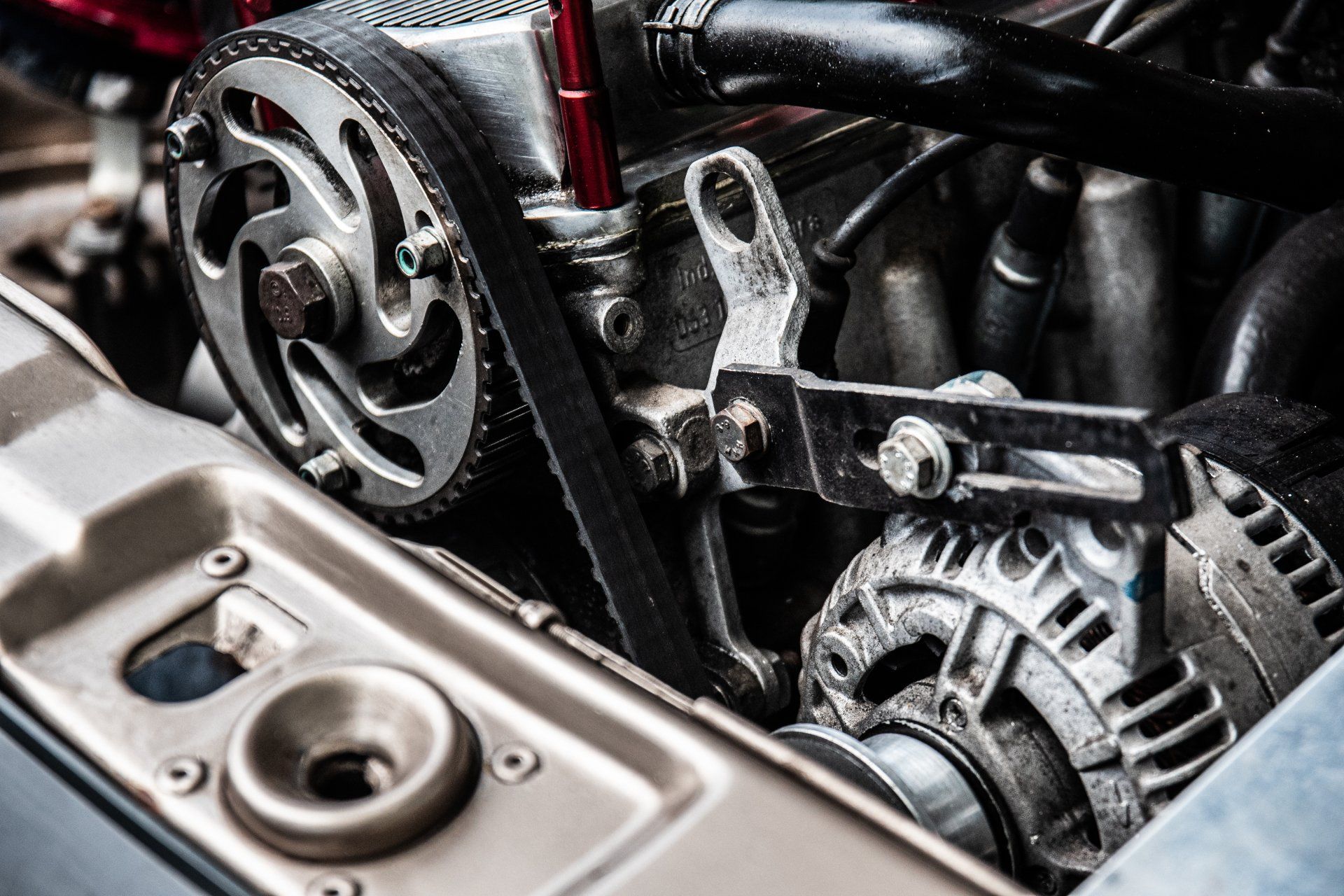Our Blog






Experience The Total
Automotive Difference.








© 2023 Mazur's Total Automotive. All Rights Reserved | Website managed by
Shopgenie
Follow us
Our Shop
Howell: (517) 548-1600
520 Victory Drive, Howell, MI 48843
Pinckney:
(810) 231-2322
5759 E. M36, Pinckney, MI 48169
South Lyon:
(248) 289-9661
22540 Pontiac Trail, South Lyon, MI, 48178
Services
© 2023 Mazur's Total Automotive. All Rights Reserved | Website managed by
ShopGenie
Follow us
Our Shop
Howell: (517) 548-1600
520 Victory Drive, Howell, MI 48843
Pinckney: (810) 231-2322
5759 E. M36, Pinckney, MI 48169
South Lyon:
(248) 289-9661
22540 Pontiac Trail, South Lyon, MI, 48178



